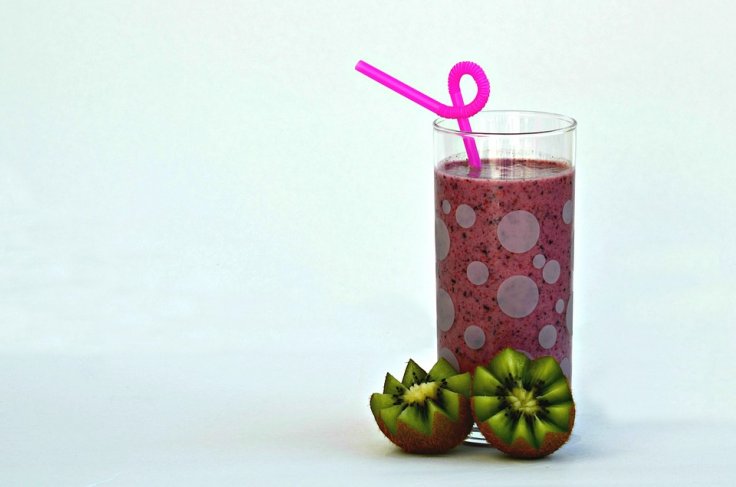As the number of people with diabetes and pre-diabetes is on the rise, an efficient way to keep blood sugar under check is the need of the hour. There is good news. A study by researchers from the University of British Columbia Okanagan Campus suggests that ketone monoester drinks could be the answer.
Jonathan Little, the lead author of the paper, said that the study was the first of its kind as it is the first to focus on the metabolic effects of ketones on non-athletes. "There has been a lot of excitement and interest in ketone drinks and supplements, which have really only been on the market and available to consumers for the last couple of years," said Little in a statement.
What are ketones and how do they work in the body?
Ketones are chemicals produced in the liver. They are the metabolic by-products of a low-carbohydrate, high-fat and sufficient protein diet—also known as a ketogenic diet. The process known as ketosis forces the body to use stored fat as energy, instead of carbohydrates. It is this mechanism that has made ketogenic diets a popular option for weight loss and keeping sugar levels in check.
Type 2 diabetes and a Ketogenic diet
Once known as adult-onset diabetes, Type 2 diabetes is a disease where the body cannot control the amount of sugar in the blood. This is due to the malfunctioning or inability of a hormone known as insulin.
Therefore, the sugar levels are found to be very high in the blood of people afflicted with the disease. While it is set off by conditions such as obesity, many people have a genetic predisposition to developing the disease.

The natural ability of a ketogenic diet to keep sugar levels in the body at optimum levels has made the diet popular among individuals with Type 2 diabetes. "There is mounting evidence that a low carbohydrate ketogenic diet is very effective in controlling blood sugar and even reversing Type 2 diabetes," said Little.
State of pseudo-ketogenesis
What would be the effect if artificial ketones were given to people with obesity and at risk of Type 2 diabetes? To answer this question, 15 people were recruited by the authors to consume a ketone drink after fasting overnight. Half an hour post that, they were given fluids containing 75 grams of sugar, and blood samples were collected.
So what was the effect? Little explains, "It turns out that the ketone drink seemed to launch participants into a sort of pseudo-ketogenic state where they were better able to control their blood sugar levels with no changes to their insulin." Thus, the potential of ketone supplements in serving as a tool in aiding those stricken with Type 2 diabetes was demonstrated by the study added little.
Not a magic bullet
In the author's opinion, such ketogenic drinks could prove beneficial for— those who may be looking for a new alternative other than medication to keep sugar levels under control—and those who may be unable to adhere to a strict and rigorous ketogenic diet.
Little pointed out that ketone supplements cannot be considered as a magic bullet to deal with the disease. "There are a number of problems that we still have to work out, including the fact that we still don't know what the long-term effects of consuming ketones are," he stressed.
What other drawbacks could these drinks have? "And not to mention that the drink itself tastes absolutely terrible," answers Little.









